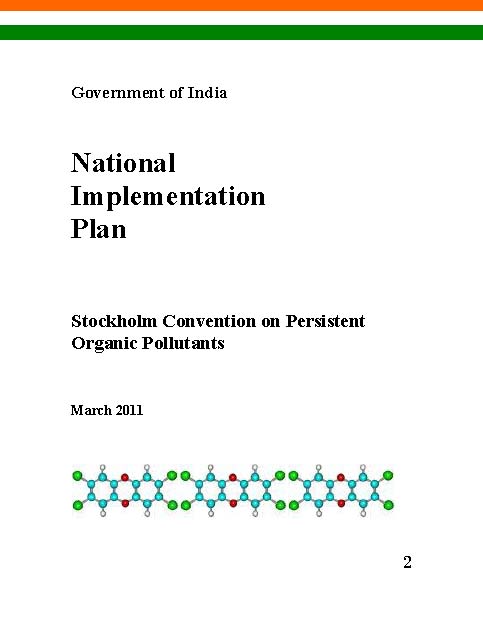/regions/political
Political
Hard work, no pay - Summer jobs off the beaten track - Opportunities for working on NREGA and ICDS schemes in Araria, Bihar
Posted on 14 Apr, 2011 04:44 PMForwarded to the portal by: Kamayani Swami and Ashish Ranjan for Jan Jagaran Shakti Sangathan
Do you support the National Rural Employment Guarantee Act (NREGA) and the Integrated Child Development Scheme (ICDS)? Then why not give some of your time to help make it work?
Distributional implications of climate change in India – A policy research working paper by World Bank
Posted on 14 Apr, 2011 03:49 PMThis working paper by World Bank analyzes how changes in the prices of land, labor, and food induced by modest temperature increases over the next three decades will affect household-level welfare in India.
River Mandovi cries for help - Video report from WAVE
Posted on 14 Apr, 2011 10:53 AMArticle and Video Courtesy: WAVE India
Author:
Mines in Goa deplete water supply - A film from India Unheard Video Volunteers
Posted on 14 Apr, 2011 10:35 AM
“Reddy” remedies - A look at the Satwant Reddy Committee report on the issue of pesticide residues in packaged drinking water and packaged natural mineral water - Article from Down to Earth magazine
Posted on 14 Apr, 2011 10:28 AMSatwant Reddy committee: Report of the committee on the pesticide residue in packaged drinking water and packaged natural mineral water.
Setting standards
Wastewater reuse in apartment buildings in Bangalore - S Vishwanath
Posted on 14 Apr, 2011 10:12 AMEven if an apartment uses as less as 5000 litres of water a day it must have a wastewater recycling system which does such a thorough job that the treated wastewater is reused to replace fresh water and not for simply disposing off into the environment in a safe way. It is simply not good enough for treated wastewater to be used for watering lawns, an unnecessary demand.
Stockholm Convention on Persistent Organic Pollutants – Draft National Implementation Plan by the Ministry of Environment and Forests (2011)
Posted on 14 Apr, 2011 07:35 AM As per Article 7 of the Stockholm Convention, countries are required to develop the National Implementation Plan (NIP) of the Stockholm Convention on Persistent Organic Pollutants (POPs) to demonstrate how the obligations under the Convention would be implemented. The Convention was adopted with the objective of protecting human health and the environment from POPs and came into force from April 2006 in India.
As per Article 7 of the Stockholm Convention, countries are required to develop the National Implementation Plan (NIP) of the Stockholm Convention on Persistent Organic Pollutants (POPs) to demonstrate how the obligations under the Convention would be implemented. The Convention was adopted with the objective of protecting human health and the environment from POPs and came into force from April 2006 in India.
The Ministry of Environment and Forests, which is the nodal ministry for the Global Environmental Facility (GEF) and Stockholm Convention in India has prepared a NIP and has committed itself to its implementation subject to adequate assistance. It has had to harmonize the interests and stand points of different sectors involved and thereafter determine the position of the Indian government.
India understands that compliance with the obligations on Parties set out in the Convention will have a significant and positive influence not only on India‘s own chemicals management regime but also on the ultimate global success of the Convention. Since among the POPs only Dichloro Diphenyl Trichloroethane (DDT) and Polychlorinated Biphenyls (PCBs) are used in the country the inventory concentrated on DDT storages and facilities where PCB-containing electrical equipment was found.
Evaluation of crop production systems based on locally available biological inputs - A research paper (2006)
Posted on 14 Apr, 2011 01:28 AMHere the yields of crops grown by low-cost inputs including plant biomass are compared with chemical fertiliser-induced production.
The study was conducted over 1999-2004, and the findings conclude that the yields of low intensive biological farming are as good, if not better than chemical fertiliser intensive farming.